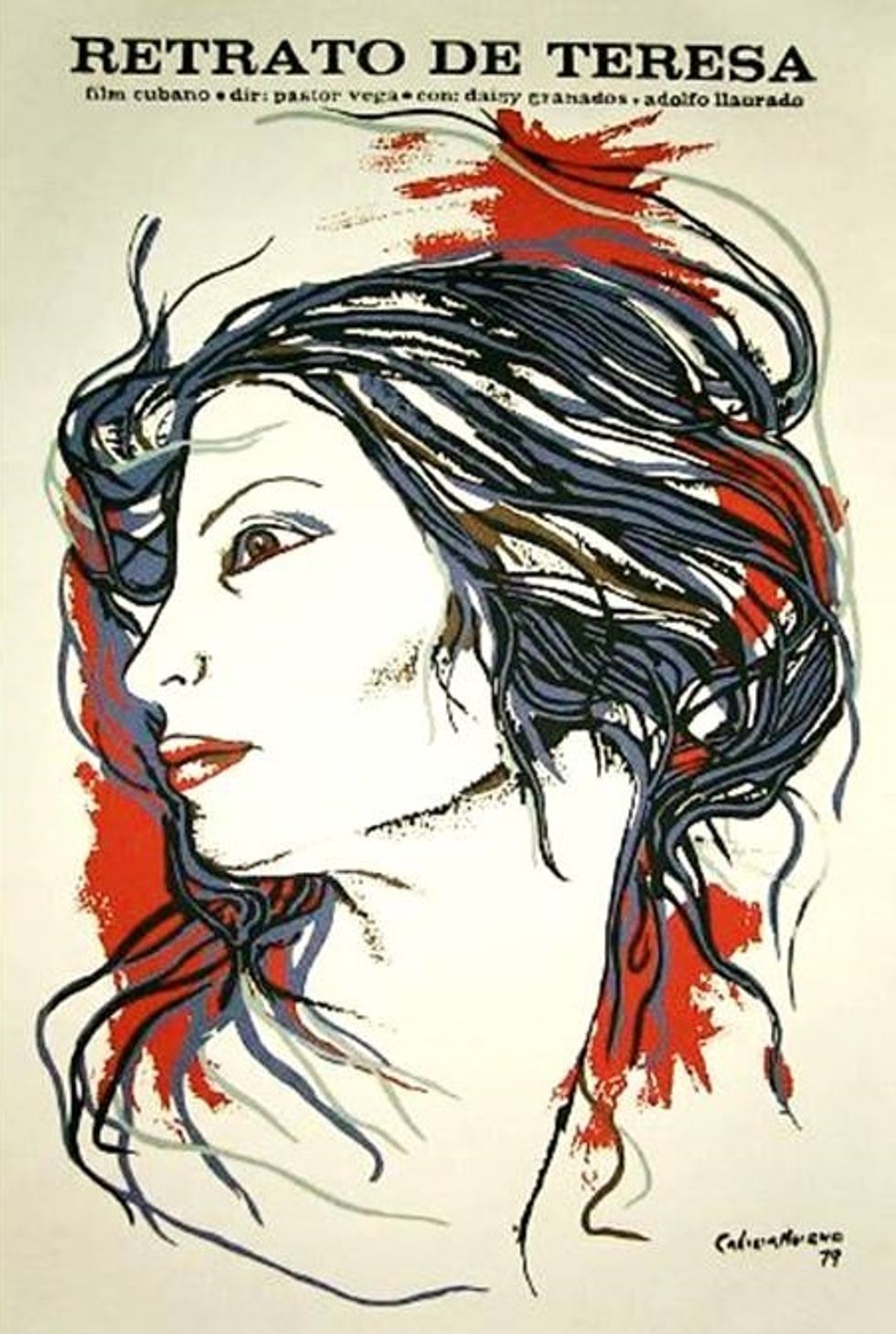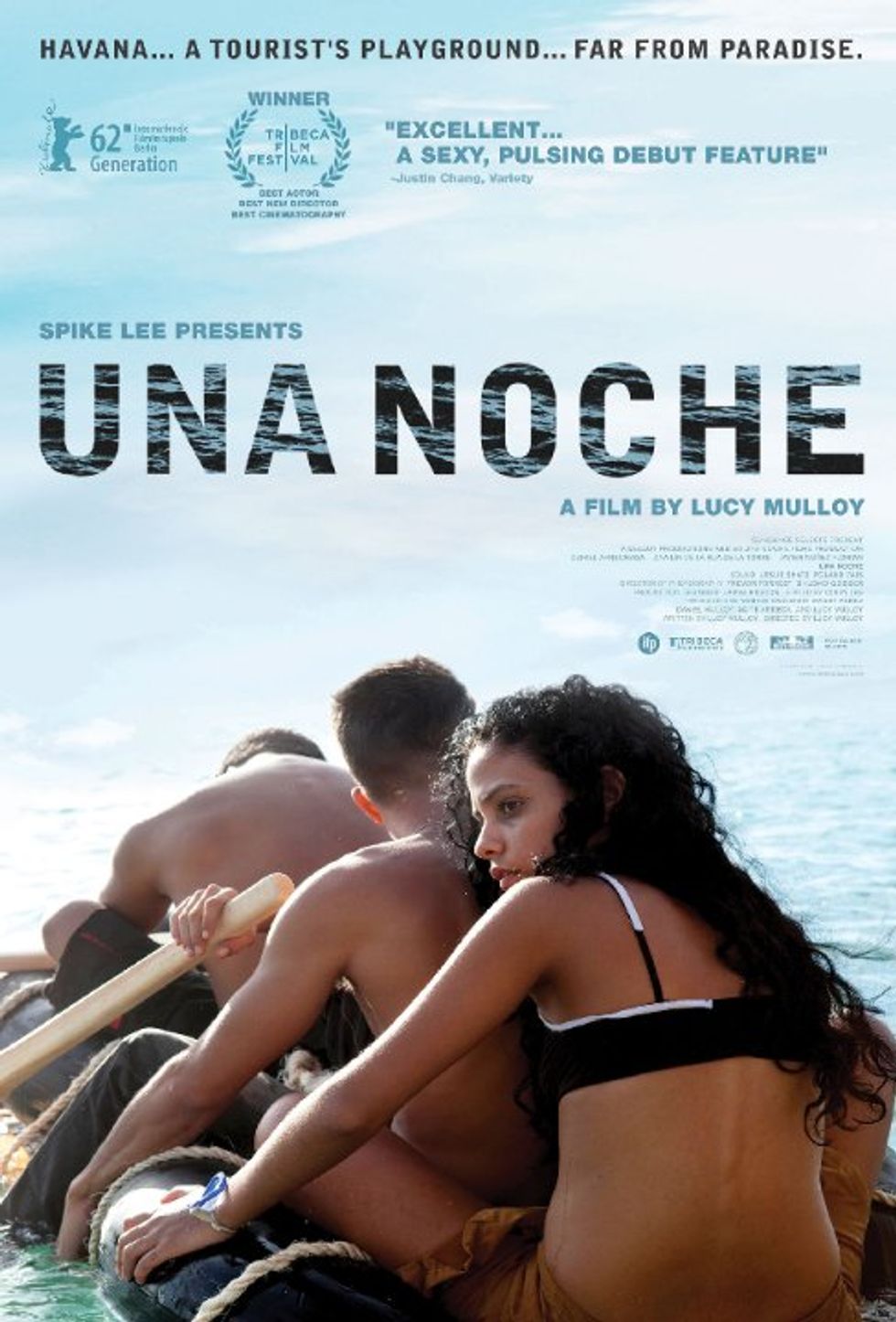Cuban cinema (meaning actual, authentic Cuban cinema, not Dirty Dancing: Havana Nights) is, unfortunately, limited, for a number of reasons that are likely obvious. Intermittently over the past few decades, some films that have slipped through the proverbial cracks have revealed the island to be full of artistic talent and cinematic deftness.
Retrato de Teresa
Teresa, a strong-willed, hard-working woman in late 70’s Cuba, takes a stand against her chauvinist husband and his traditionalist beliefs and fights for respect at home and in her workplace. Pastor Vega’s film, astonishingly ahead of its time both in its message and its cinematic techniques, stands today as a strong example of feminist cinema.
Juan de los Muertos
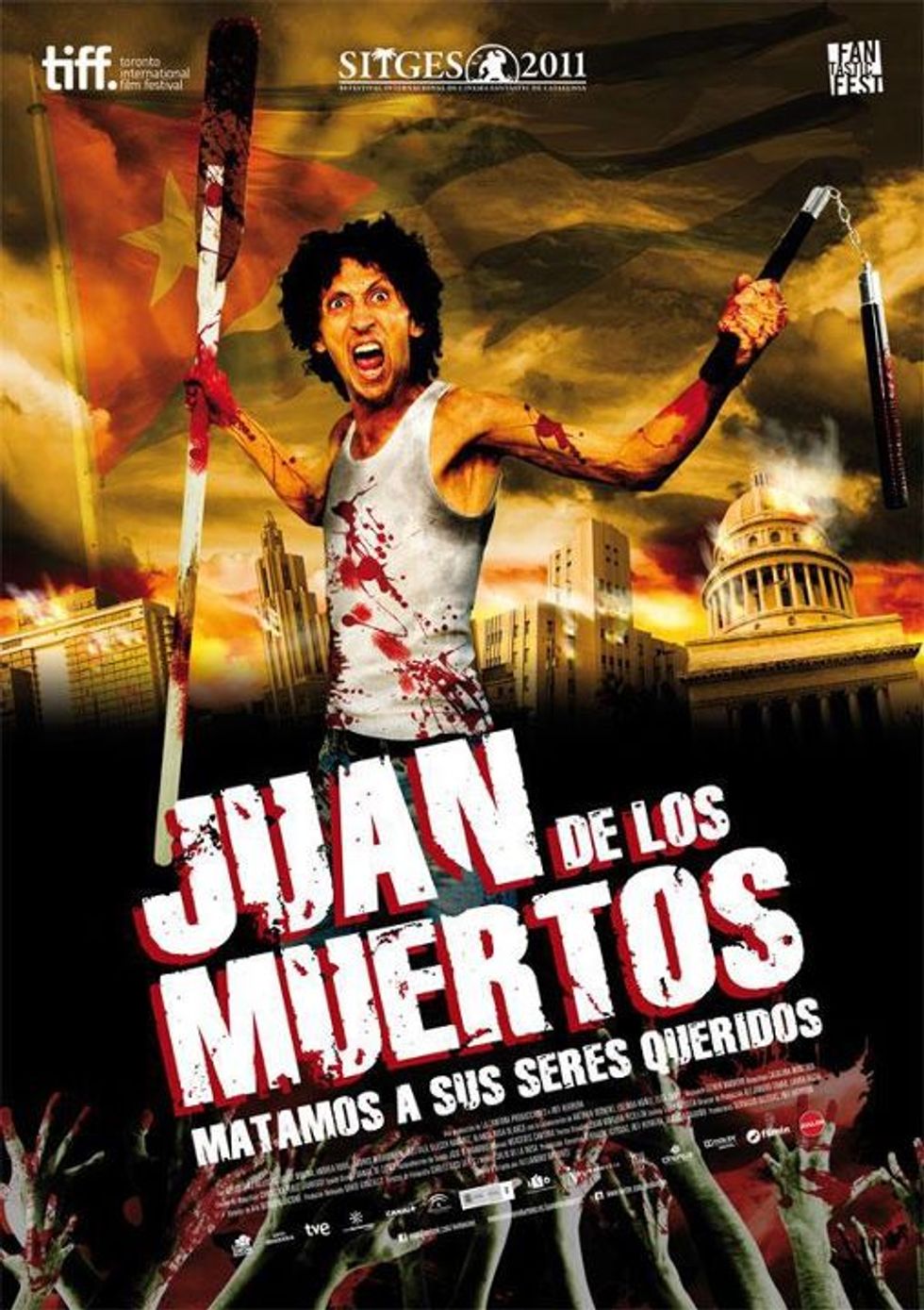
Soy Cuba
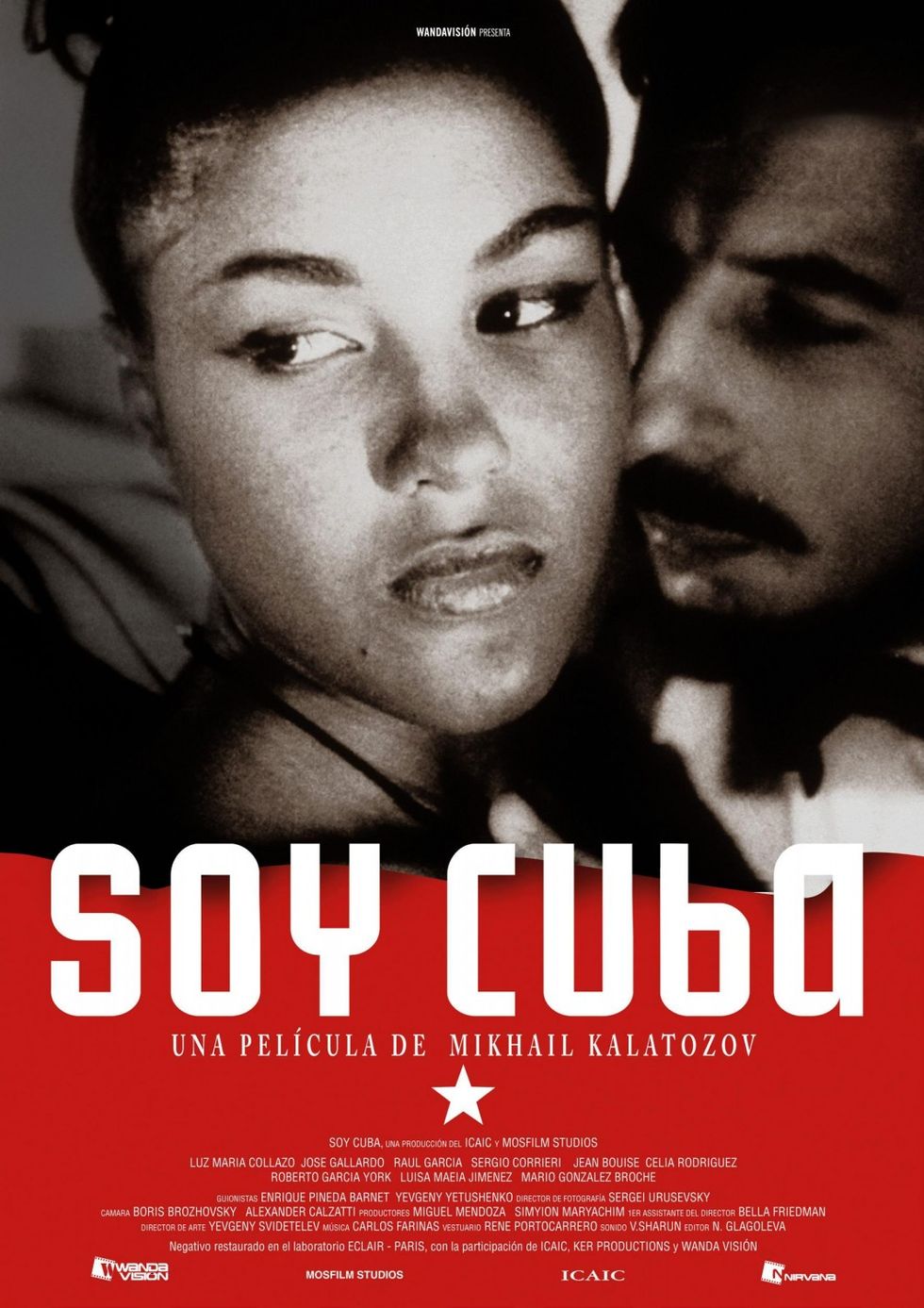
This film was a Soviet-Cuban co-production, filmed and released five years after the revolution. It was lost and forgotten for decades before resurfacing at a film festival and being lauded by directors Martin Scorsese and Francis Ford Coppola, and remains appreciated today.
Memorias del Subdesarrollo
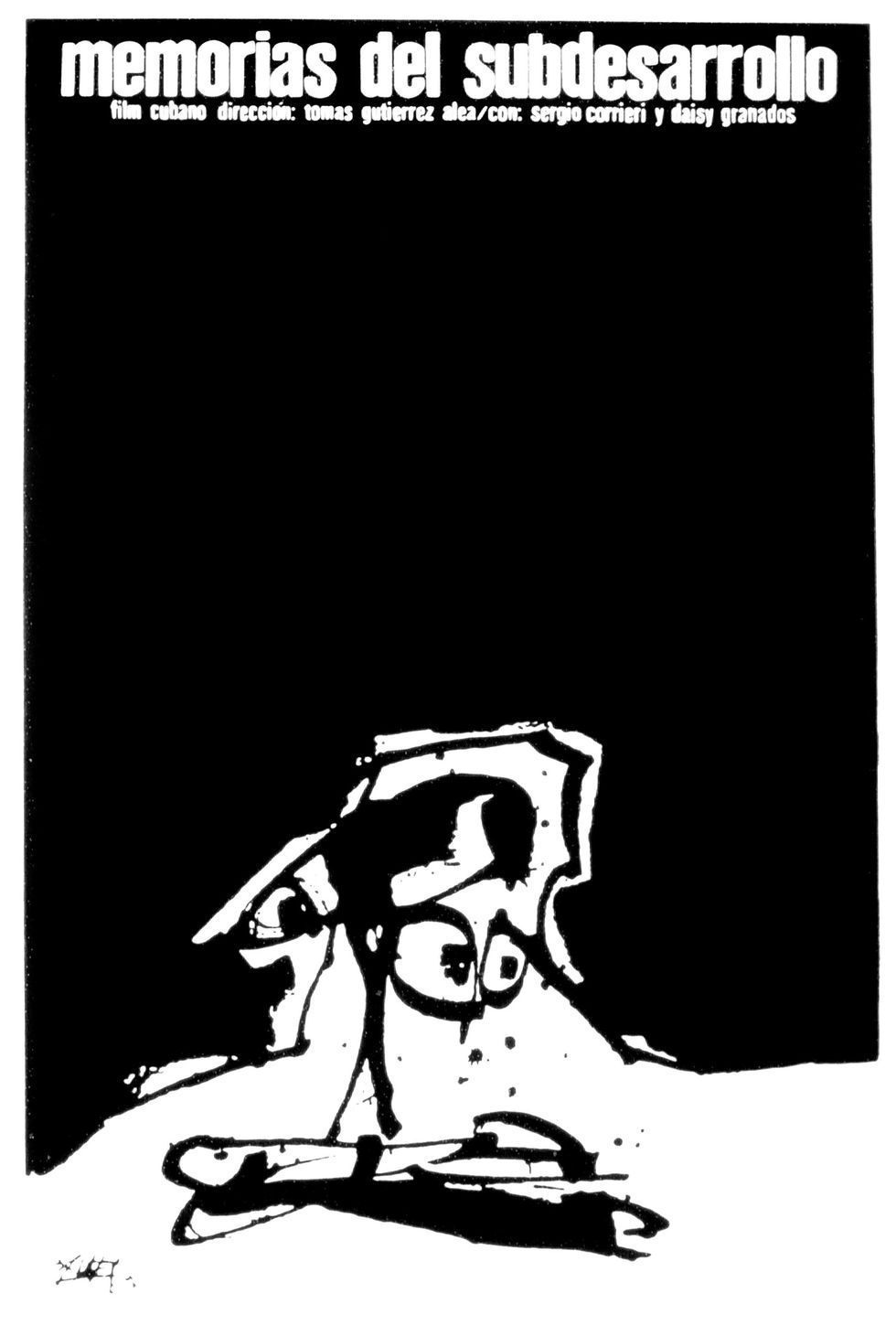
Una Noche
The Cuban government doesn’t tolerate any domestic criticism of its regime whatsoever; it’s amazing, then, that this film was even made. Lucy Mulloy, an American director from New York City, filmed this (presumably covertly) in Havana with amateur actors - the film tells the story of a day in the life of a few Cuban teenagers who, dissatisfied with their conditions, attempt to flee to America via raft. It’s a depressing look at the reality in which Cuban citizens live.




